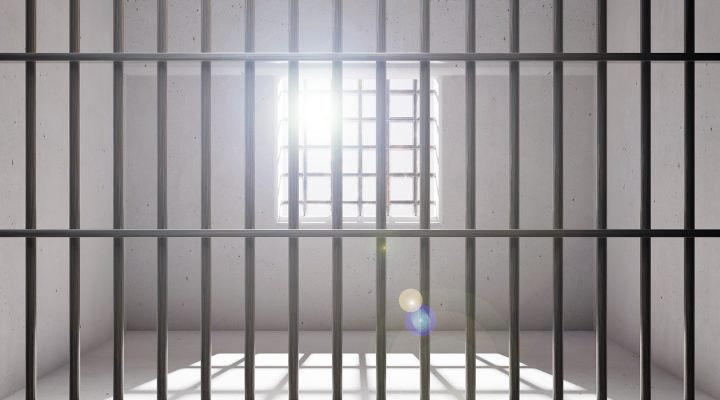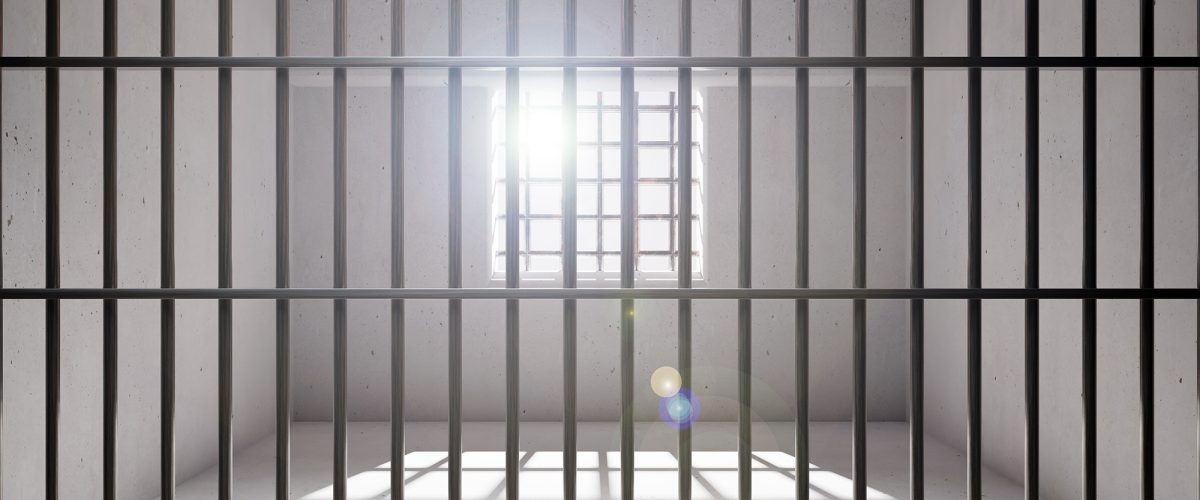Viewing jail and prison inmates as more than souls to be saved requires the church to apply a social-justice lens to its theological understanding of incarceration and the incarcerated, insisted Jacqueline Thompson, second vice president of the Progressive National Baptist Convention.
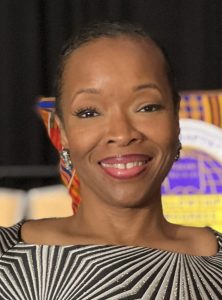
Jacqueline Thompson
“Most of us were taught that our whole purpose and existence is to get somebody saved,” Thompson said during an Aug. 7 panel discussion livestreamed from the PNBC’s annual session in New Orleans. “So it makes sense that we were going to the prison because, surely, they are there because somehow they have sinned, they are sinners, and that is our job to get them saved.”
But a “theological revolution” is needed to motivate Christians to bring a message of liberation to jails and prisons disproportionately populated by people with Black and brown skin, noted Thompson, senior pastor of Allen Temple Baptist Church in Oakland, Calif.
“It comes with an understanding that charity is the work of the church, but it’s not just charity — there has to be justice,” she said. “Don’t keep giving people sandwiches without walking down the street to figure out why they are hungry every Tuesday.”
Preachers will also have to revamp their views of the nation’s criminal punishment system and to call out the white supremacist theologies that help rationalize it. “But that is not something we have often challenged one another or challenged our churches to do,” she conceded.
Issuing that challenge was the purpose of the “De-carceration and Democracy” panel discussion moderated by Willie D. Francois III and Frederick D. Haynes III, co-chairs of PNBC’s social justice commission.
Participants covered the social, racial and economic ramifications of the nation’s mass incarceration complex. They also brainstormed ways churches might create wholistic prison ministries capable of bringing justice and systemic change.
The theme of the PNBC annual session, which concludes Aug. 8, was to sound a call to wider social, racial and political action ahead of the 2024 presidential election. The organization is one of the nation’s leading Black Protestant denominations and was the home of Martin Luther King Jr.
Haynes warned Project 2025 is a white supremacist effort to destroy racial, educational and economic justice.
During a press conference ahead of the panel discussion, Haynes warned Black Baptists that Project 2025 — a right-wing blueprint for dismantling U.S. government and society — is a white supremacist effort to destroy racial, educational and economic justice.
“Project 2025 is dangerous. It in essence will result in the complete dismantling of the civil rights movement,” Haynes, senior pastor of Friendship-West Baptist Church in Dallas, said. “Project 2025 endeavors to put an end to anything having to do with diversity, equity and inclusion” and to dismantle the Department of Education, the Environmental Protection Agency and the Justice Department.
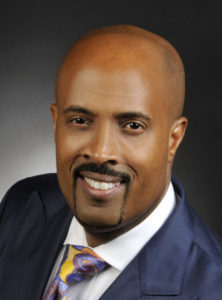
Frederick Haynes
“Project 2025 is anti-democracy in a real sense,” he added. “It is neo-fascism that is wrapped in white supremacy in the name of white Jesus — and we all know white Jesus has been hell for Black people, not to mention this nation. Project 2025 is anti-liberty, it’s anti-justice and it’s something that all of us ought to rise up in rebellion against.”
But the Black church faces some serious theological impediments to rising up against mass incarceration, Francois, senior pastor of Mount Zion Baptist Church in Washington, D.C., said during the ensuing panel talk.
Among those impediments is an embrace in some quarters of theologies of oppression used to rationalize and protect the expansion and crowding of jails and prisons.
“I’m seeing a lot of Billy Graham theology in dashikis,” he said, referring to the traditional West African tunic worn by some African Americans. “And we’re calling that Black church and Black theology.”
“It’s white theology in blackface,” injected panelist Andre Johnson, professor of rhetoric and media studies at the University of Memphis.
“There’s a theology that lives underneath why we keep putting Black folk in prison, and Black folk are OK with Black folk going to prison.”
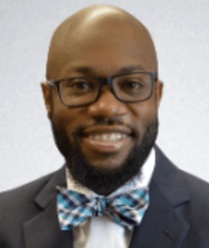 Francois agreed. “What we call American church, it’s really carceral apologetics,” he said. “There’s a theology that lives underneath why we keep putting Black folk in prison, and Black folk are OK with Black folk going to prison. How do we get to liberation theology or a theological framework that actually allows us to do justice that can’t be co-opted by white nationalism?”
Francois agreed. “What we call American church, it’s really carceral apologetics,” he said. “There’s a theology that lives underneath why we keep putting Black folk in prison, and Black folk are OK with Black folk going to prison. How do we get to liberation theology or a theological framework that actually allows us to do justice that can’t be co-opted by white nationalism?”
One place to start is in one-on-one interactions with prisoners with the tables turned on the prison minister, Johnson responded.
“When they are speaking their truth, challenging our presuppositions, we get frustrated because here is someone with a different perspective who can help us grow and develop,” he said. “Maybe we just don’t have all the answers, and maybe we can say that and feel good about that.”
The problem with attacking the mass incarceration system is that the authorities’ efforts to dehumanize and “other” inmates has succeeded in alienating them from a society that, in turn, assumes the worst about them, said Janet Harold, legal director for Justice Catalyst Law.
As a result, few Americans know or care that states like Alabama and Louisiana have created systems of prison day labor in which inmates work for little or nothing outside the walls of the penitentiary, often in lieu of parole, she charged.
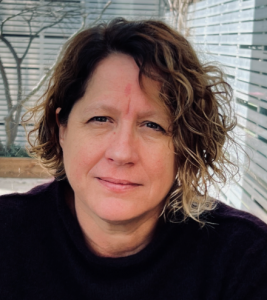 Justice Catalyst Law is part of a lawsuit against the practice in those states. “Part of the systemic change is increasing the amount of contact, because there’s so much we don’t know because we bought the thing that was sold, which is that we are we and they are other,” Harold said.
Justice Catalyst Law is part of a lawsuit against the practice in those states. “Part of the systemic change is increasing the amount of contact, because there’s so much we don’t know because we bought the thing that was sold, which is that we are we and they are other,” Harold said.
Another important step comes when inmates are released, Johnson added. “It starts with denouncing the rhetoric that they are not worthy and embracing them and working on what it is we can do to accept and embrace who they are as human beings.”
Related articles:
Here’s why Americans are so obsessed with getting ‘tough on crime’
Christian leaders call for criminal justice reform
Churches struggle to serve those behind bars, study finds

